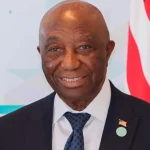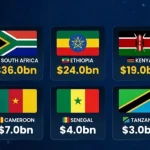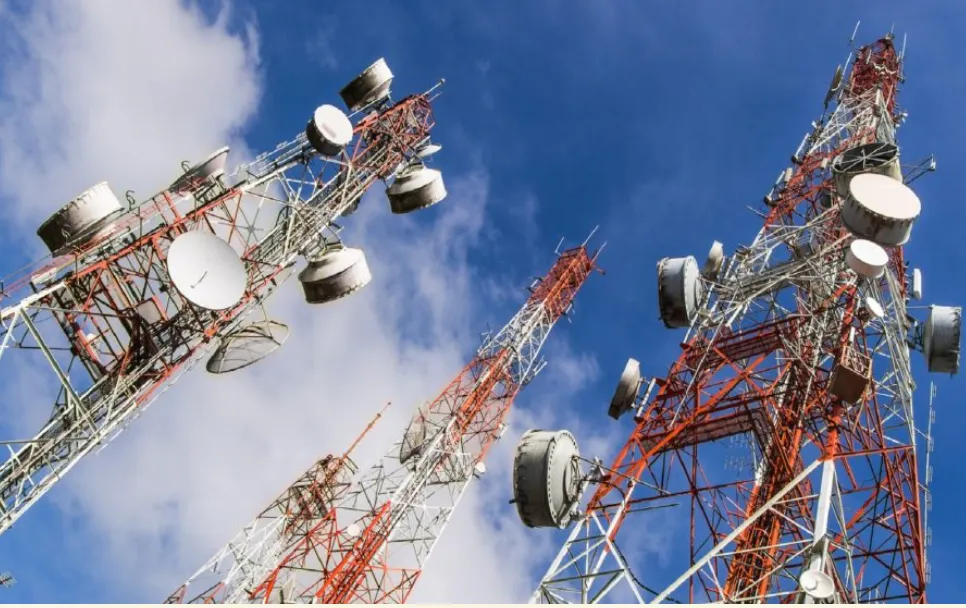Nigeria’s telecommunications industry sustained its upward growth trajectory in the third quarter of 2025, with active telephone subscriptions climbing to 173.54 million in September, up from 171.57 million in August, according to the Nigerian Communications Commission (NCC).
The modest increase underscores the sector’s resilience amid economic challenges and continuous efforts by network operators to expand coverage across the country.
Mobile Market Breakdown
The NCC report revealed that MTN Nigeria remains the nation’s largest mobile operator, commanding 52.1% of the market share with 90.33 million subscribers. Airtel Nigeria followed with 58.47 million users (33.7%), while Globacom accounted for 21.39 million subscribers (12.3%).
T2 Mobile (formerly 9mobile) saw a slight uptick, recording 3.11 million active lines, representing 1.8% of the market share.
Rising Internet and Broadband Connectivity
Internet subscriptions on GSM networks rose to 140.36 million, while teledensity increased to 80.05%.
Broadband penetration hit a record 49.34% in September, compared to 48.81% the previous month, reflecting growing demand for high-speed internet in both urban and semi-urban areas.
4G networks accounted for 51.6% of broadband connections, while 5G adoption climbed to 3.4%, indicating gradual uptake since the technology’s commercial rollout in 2022.
National Fibre Expansion and Government Initiatives
The rise in broadband access coincides with the Federal Government’s plan to deploy 90,000 kilometres of fibre-optic cable nationwide. Once completed, the initiative will expand Nigeria’s total fibre network from 35,000 km to 125,000 km, connecting cities, rural areas, schools, hospitals, and government offices.
Structured as a public-private partnership (PPP), the multi-million-dollar project is designed to reduce internet costs by up to 60% and enhance reliability by providing open access infrastructure for multiple service providers.
Officials say the expansion aligns with Nigeria’s National Broadband Plan (2020–2025), which targets 70% broadband penetration and aims to strengthen digital inclusion.
Analyst Outlook
Telecom analysts note that Nigeria remains one of Africa’s most dynamic telecom markets, with sustained investments in fibre infrastructure, 5G rollout, and policy reform expected to drive future growth.
However, challenges such as right-of-way charges, high energy costs, and last-mile connectivity issues continue to slow expansion in some regions.
Conclusion
With continued government support and private-sector collaboration, Nigeria’s telecom industry is poised to deepen broadband access, improve service quality, and accelerate the country’s digital transformation in the coming years.













